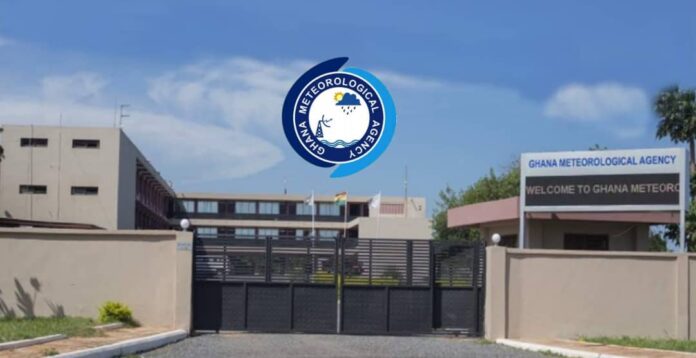Ghana’s Chief Forecaster at the Ghana Meteorological Agency (GMet), Felicity Ahafianyo, has clarified that heat waves are not officially recognized as a meteorological phenomenon in the country. She emphasized that Ghana is accustomed to enduring higher temperatures compared to temperate regions.
Addressing recent concerns about warming trends in Ghana, Felicity responded to JoyNews’ Mahmud Mohammed-Nurudeen, asserting that the term “heatwave” is not recognized in Ghana. She explained that the Southern and Northern regions frequently experience temperatures exceeding 33 to 40 degrees Celsius, with figures in Northern Ghana reaching 42 to 43 degrees Celsius in areas such as Bolgatanga, Navrongo, Tamale, Wa, Yendi, and Bawku.
According to the World Meteorological Organization (WMO), heatwaves are characterized by prolonged periods of unusually hot weather, affecting both maximum and minimum temperatures. The WMO also predicts that with continued global warming, the intensity, frequency, and duration of heatwaves will increase.
Heatwaves pose various risks, including droughts, fire weather, flash flooding, and air pollution, leading to compounded impacts on both people and the environment. Vulnerable populations, such as the elderly, pregnant women, and outdoor workers, are at heightened risk during extreme heat events.
To address the challenges posed by rising temperatures, the Centre for Climate Change & Food Security (CCCFS) advocates for sustainable housing practices and the preservation of urban green spaces. The CCCFS emphasizes the crucial need for stringent measures against illegal gold mining, excessive glazing in building structures, and the indiscriminate felling of trees in urban areas.
The CCCFS proposes sustainable housing systems integrating climate-responsive designs, natural ventilation, and the planting of shade trees for every new house construction. Additionally, the center calls for community awareness programs to educate citizens on the importance of tree preservation and sustainable practices.
In light of these recommendations, the CCCFS plans to engage with policymakers, communities, and the construction industry to pave the way for a climate-resilient future in Ghana. These initiatives aim to mitigate the impacts of rising temperatures and promote sustainable practices for the well-being of both people and the environment.

